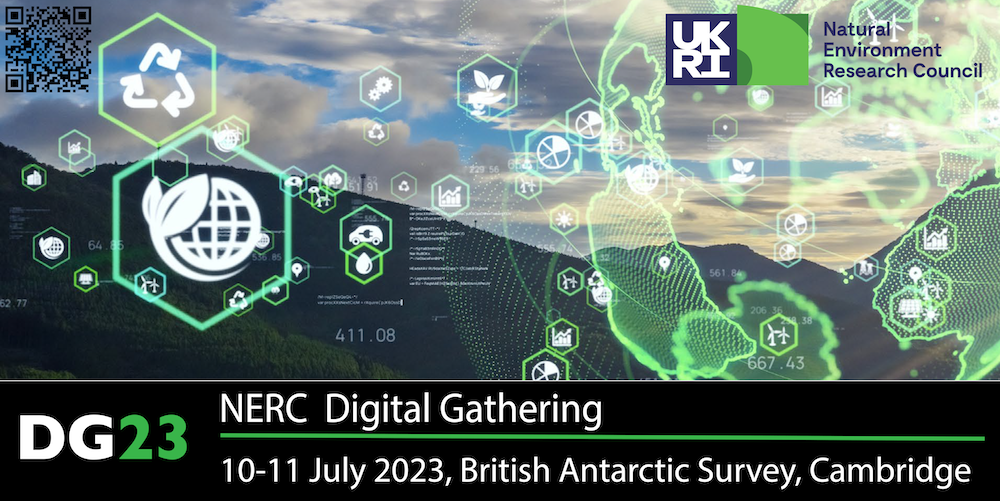Main Auditorium, Tuesday 11th July 2023, 13:50
Chair: Martin Wearing To see the abstract for the talk, click the small ‘+’ button to the right.
13:50
Maximising the effectiveness of marine monitoring to support the development of underwater marine renewable energy
Dr David Mills
Marine Centre Wales
Bangor University
(1) David Mills, (1) Noel Bristow, (1) Vahid Seydi, (1) Gwyn Roberts, (1) Cathy Blakey, (1) Josh Williams, (1) Magda Olaya, (1) Ahmed Ali.
Affiliation (1) Marine Centre Wales, Bangor University
The climate emergency requires rapid development and deployment of low carbon energy solutions. The UK has significant marine renewable energy resources and there is an emerging capacity to extract underwater energy using underwater turbines in areas with strong tidal currents. These areas can be important habitats for sensitive species of marine mammals and diving seabirds and present a potential barrier to sustainable development of this resource. To advance development of UK marine energy resource exploitation the Crown Estate has designated marine demonstration zones including one off the coast of Anglesey – the Morlais Demonstration Zone.
To move from demonstration to operational deployment of underwater turbines at scale the regulator requires an evidence base primarily underpinned with data on abundance, distribution and behaviour of these sensitive species. Effective monitoring of highly mobile species above, on and below the sea surface at a wide range of temporal and spatial scales is challenging and costly. It requires a range of observational strategies from shore and ship- based human observers, optical imaging above, on and below the sea surface, extensive use of acoustic monitoring on fixed and mobile sea surface (survey vessels) and underwater platforms (fixed and drifting buoys) with an estimate of > 250 Tb environmental data gathered each year in the Morlais demonstration zone.
At the Marine Centre Wales we have developed a cyberinfrastructure (IMARDIS) specifically to address the needs of the Welsh marine renewables sector. This presentation will describe its application to the challenge of delivering timely, trustable data and actionable information to enable sustainable development of this potentially important source of marine renewable energy carried out as part of the Menter Môn Marine Characterisation Research Project (MCRP).

14:05
PeatDataHub: combining Global Peatland Datasets
Dr Gabriela Lopez-Gonzalez
University of Leeds
Lopez-Gonzalez, G., Holden, J., Young, D., Roper, T., and PeatDataHub partners
Affiliation University of Leeds
PeatDataHub is a research hub for communicating peatland science and managing peatland monitoring data.
The aims of PeatDataHub are:
- Bring together data and create a community of people working on peatland sites around the world ensuring the long-term scientific resilience of peatland study sites.
- Efficiently capture the data from both short and long-term peatland studies.
- Answer key research and management questions related to peatland processes and environmental change, and to build upon existing data to identify research gaps, new projects, and improved methods.
- Engage with both governmental and non-governmental bodies to influence management practice and policy and to secure funding for peatland monitoring and research.
The PeatDataHub data management application is designed to store and manage peatland monitoring datasets. The site metadata is public, so the peatland community can have an overview of which monitoring sites have been set-up around the world. Researchers can decide on the level of access to their datasets. The database has a modular design which allows the inclusion of new metrics. In partnership with IUCN, PeatDataHub developed a module to manage metrics collected by the Eyes on the Bog long-term monitoring initiative.

